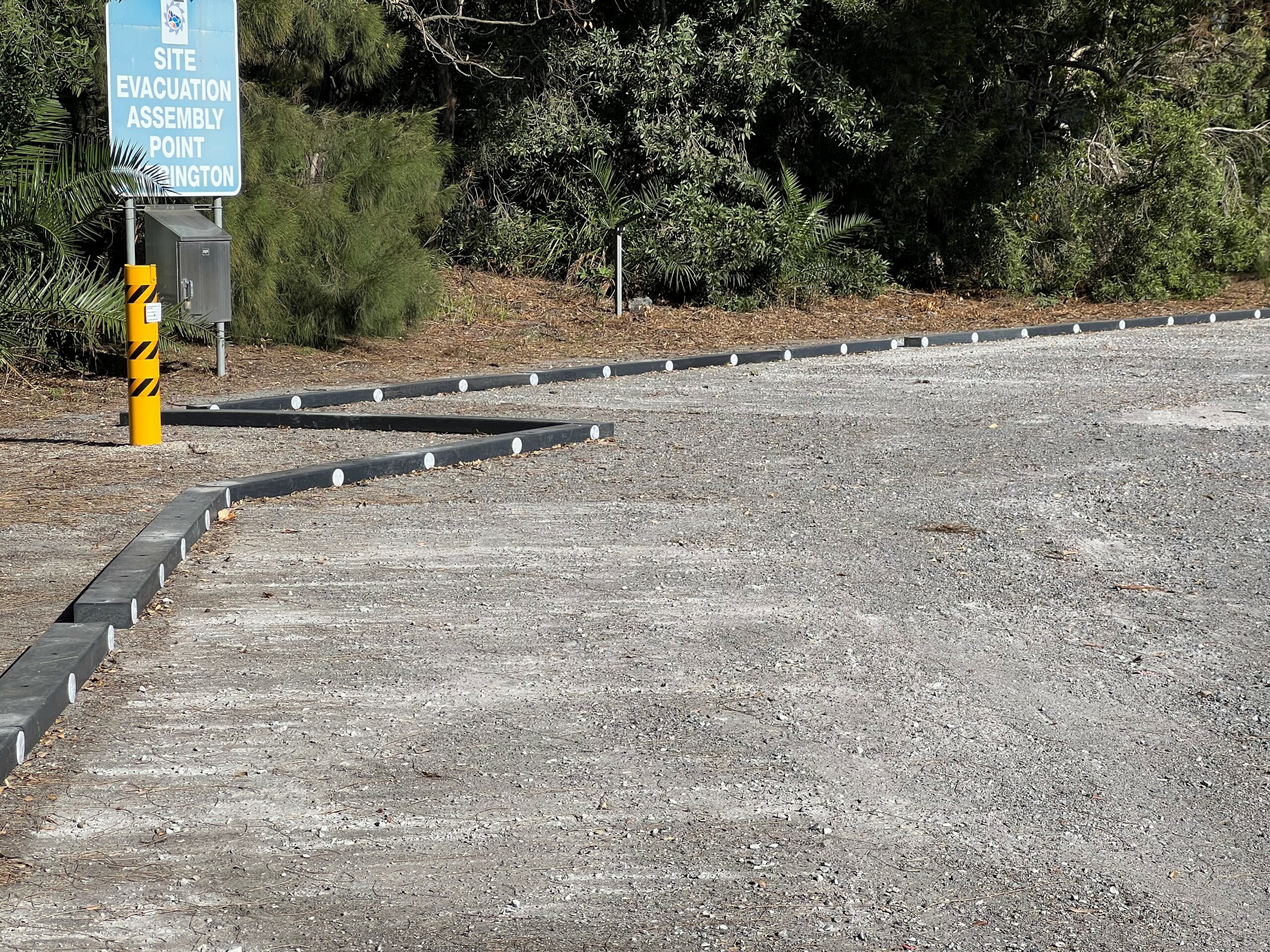We implement opportunities to reduce our demand on nature
We focus our efforts to use potable water more efficiently, generate less waste and divert more from landfill, as well as enhance onsite biodiversity and improving land use practices.
Port Waratah to maximises water re-use opportunities across both terminals, including improving site water quality through flocculation at Kooragang and high utilisation of the Controlled Discharge Filtration System at Carrington.
The lower-than-average rainfall received throughout 2023 and high water use demand due to the drier weather placed additional pressure on our water management system and we did not achieve our target to reduce potable water consumption.
Research continued in 2023 in partnership with the University of Newcastle to study the persistence of the Green and Golden Bell Frog population on Kooragang Island.
In 2023, Port Waratah achieved its best-ever landfill diversion rate of 95.3 per cent. This year 211.4 tonnes of waste was disposed to landfill, an 18.3 per cent reduction compared to 2022.
Case Study
LTO Hazard Guide
This year we launched our LTO Hazard Guide, with the aim of providing all workers with an easily accessible and simplified summary of the of the behavioural controls concerning seven critical LTO Hazards including material tracking, intrusive noise, offsite spills and discharges, dust generation, impacts to biodiversity, waste generation and hydrocarbons and chemicals.
While Port Waratah has a suite of physical and automated controls in place to minimise harm to the environment, the LTO Hazard Guide provides a checklist for workers about the behavioural controls that can be implemented to reduce risks, as well as high-risk settings for each of the hazards. The guide was designed to fit inside shirt pockets and Port Waratah’s Take 5 booklet. It is also available online and features in work area signage onsite.
Case Study
Soft plastic recycling
Port Waratah made its first significant purchase of products manufactured from recycled soft plastics collected from our soft plastics recycling programme. We purchased 56 wheel stops, offsetting 1,290kg of soft plastic. The majority of these have been installed at the Carrington main entrance parking bay, with other installed at our Kooragang wharf.

